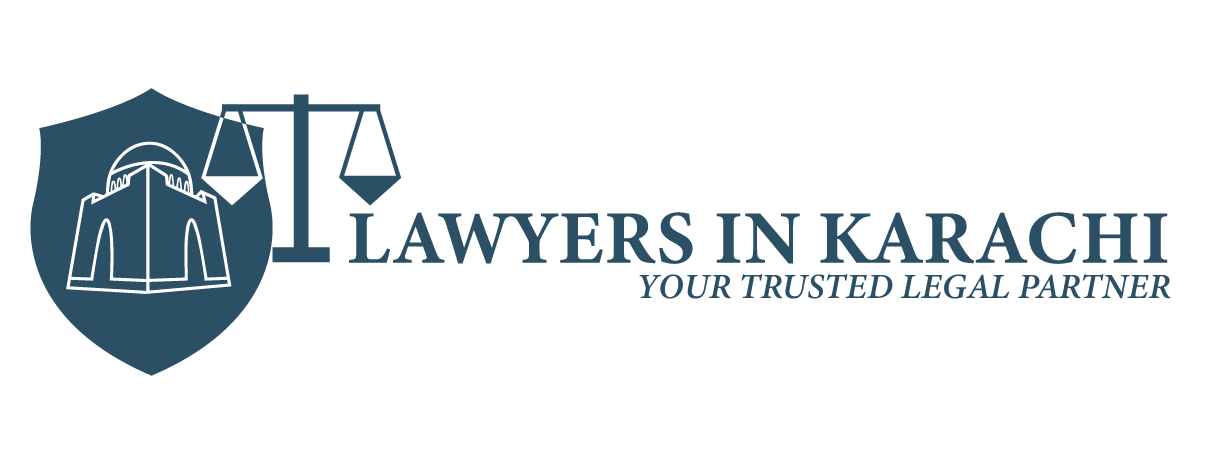Law Firms in Karachi Pakistan: A Complete Guide
Karachi, the largest city and financial hub of Pakistan, is home to some of the most reputed law firms in the country. From handling high-stake corporate cases to offering personalized family law advice, law firms in Karachi Pakistan provide a wide spectrum of legal services. For individuals, families, and businesses, choosing the right firm can make a significant difference in achieving favorable outcomes. Why Law Firms in Karachi Are in High Demand Karachi serves as the country’s commercial capital, attracting multinational corporations, entrepreneurs, and investors. With complex transactions, property matters, and business disputes on the rise, professional legal assistance has become essential. Law firms in Karachi Pakistan are known for their experienced lawyers, diverse expertise, and understanding of both local and international law. Types of Services Offered by Law Firms Different law firms in Karachi specialize in various practice areas. Some of the most common include: 1. Corporate and Commercial Law Businesses often rely on law firms to draft contracts, handle mergers, ensure compliance, and resolve disputes. Expert corporate lawyers help companies avoid legal pitfalls and build strong legal foundations. 2. Civil Litigation From property disputes to recovery of debts, civil cases form a large portion of the work handled by law firms in Karachi Pakistan. These firms represent clients in local courts and provide strategic advice for resolving disputes efficiently. 3. Family Law Family law is one of the most sensitive legal areas. Law firms assist with matters like marriage registrations, divorce proceedings, child custody, and inheritance disputes. The aim is to provide compassionate yet effective legal guidance. 4. Criminal Defense Whether facing false accusations or serious criminal charges, individuals turn to experienced lawyers in Karachi for defense. Law firms with criminal law expertise offer legal representation to protect clients’ rights. 5. Property and Real Estate Law As Karachi continues to expand, property disputes and documentation issues are common. Law firms in Karachi Pakistan help with property transfers, tenancy agreements, and land record verification. 6. Immigration and International Law With many residents seeking opportunities abroad, immigration law services are in demand. Some law firms also handle international disputes, trade law, and cross-border agreements. Qualities of the Best Law Firms in Karachi When selecting a law firm, clients often look for a combination of trust, experience, and expertise. Key qualities include: Strong Reputation: Well-established law firms have a proven track record in handling complex cases. Specialized Lawyers: A good firm has dedicated experts in specific fields such as family, corporate, or property law. Clear Communication: Transparency in legal processes and fee structures builds trust with clients. Client-Centered Approach: Top law firms in Karachi Pakistan focus on achieving the best outcomes while keeping clients’ needs at the forefront. How to Choose the Right Law Firm Selecting a suitable law firm requires careful consideration. Here are some steps to follow: Identify Your Legal Needs: Whether it’s a corporate merger, property dispute, or divorce, knowing your requirements helps narrow down options. Research the Firm’s Expertise: Not every law firm specializes in all areas. Choose one that aligns with your case type. Check Credentials and Reviews: Look into the qualifications of lawyers and the firm’s reputation in the market. Discuss Fees in Advance: Reliable law firms in Karachi Pakistan maintain transparent fee structures to avoid confusion later. Evaluate Communication Style: The firm should keep you updated and explain legal terms in simple language. The Role of Technology in Modern Law Firms The legal industry in Karachi has evolved with technology. Many law firms now use digital tools for case management, online consultations, and document verification. This shift makes legal services more accessible and efficient, especially for clients who cannot attend in person. Why Karachi Stands Out for Legal Services Compared to other cities, Karachi offers a concentration of highly skilled lawyers and well-structured firms. As the city continues to expand economically, the role of law firms in Karachi Pakistan will only grow stronger. From local residents to multinational corporations, clients rely on these firms to navigate Pakistan’s complex legal system. Conclusion Law firms in Karachi Pakistan provide a wide array of legal services tailored to the needs of individuals and businesses alike. Whether you need assistance with family disputes, property matters, or corporate transactions, selecting the right firm ensures your rights are protected and your interests are safeguarded. In a city as dynamic as Karachi, having reliable legal support is not just an option—it’s a necessity.



